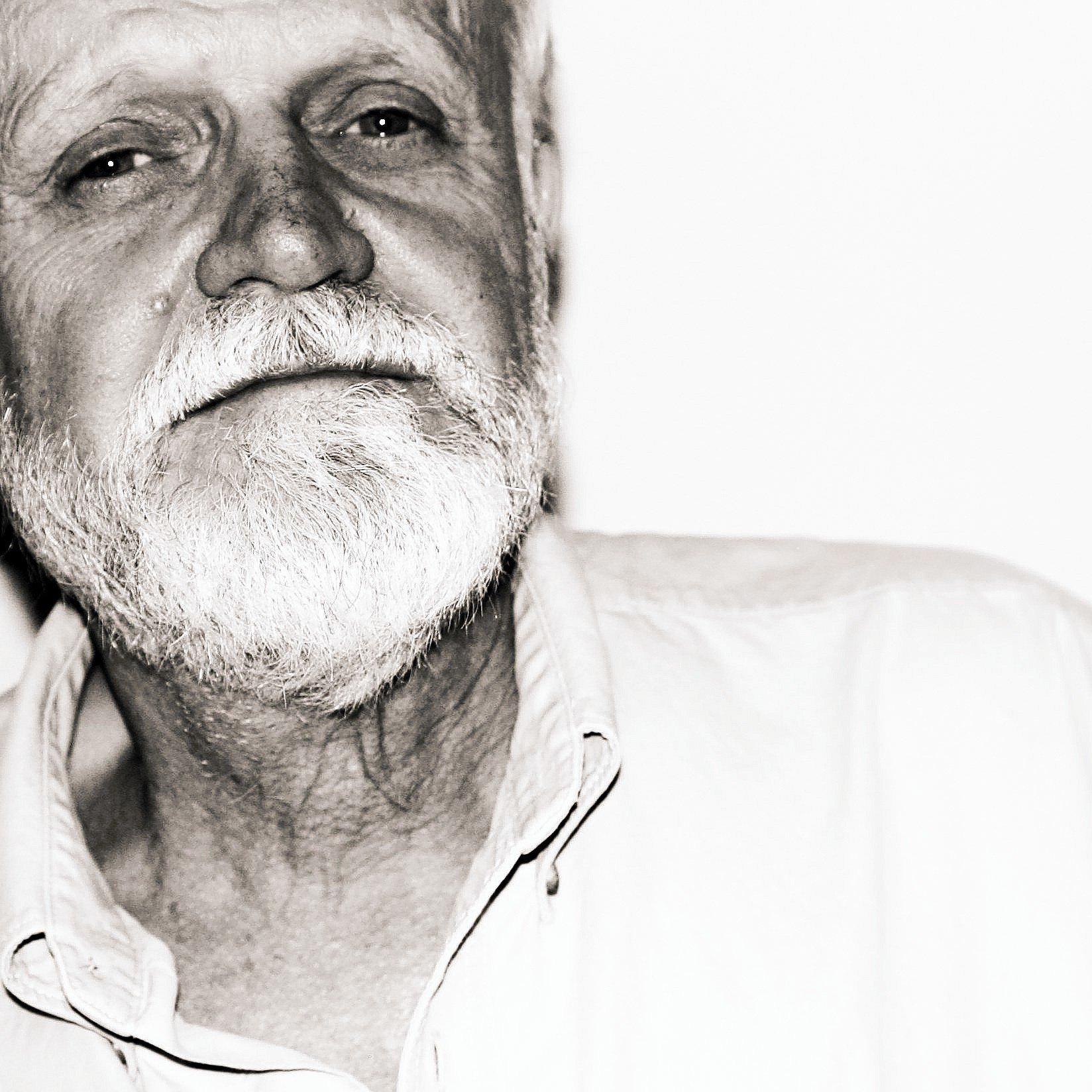Faith Search
“Now faith is the assurance of things hoped for, the conviction of things unseen.”
Author Dennis Covington and I were born in Birmingham the same year. He grew up on the Woodlawn-East Lake side of town; I, the Ensley-West End side. He, West Woodlawn Methodist Church; I, Ensley First Methodist Church. Both, mostly working people with a few business and professional types sprinkled in, totally white of course. Both had their years of vitality, then decline and closure.
In REVELATION: SEARCH FOR FAITH IN A VIOLENT RELIGIOUS WORLD, Covington is a bit fuzzy, like me, on actual memories of the September Sunday in 1963. The bombing of the 16th Street Baptist Church, the deaths of those four young girls. We were likely in our respective Sunday school classes. Yet for him, event proved pivotal for a lifelong quest for the meaning of faith, the almost inseparable connection between religion and violence, yet the mysterious way religious faith can bring out the best instead of worst in people.
In those Bombingham days, Klan types claimed theirs was a Christian crusade for a racially pure America. Civil rights activists were inspired by God empowered Moses who lead the Israelites from slavery to freedom; the God of Jesus who suffered for and with his people, who empowered reconciliation and forgiveness.
Covington's book chronicles his travels beyond Birmingham to the violence of 1970's El Salvador. Later to Mexico: his account of a grizzled pastor determined to protect his cadre of mental hospital patients from the drug lord violence all around.
He travels to meet the parents of Kayla Mueller, the young humanitarian worker from Arizona who was killed in Syria in 2013. (BTW she grew up in her Methodist Church's youth group, became committed to working with victims of war in her college campus ministry.)
Covington recounts repeated trips to the border between Syria and Turkey, his experiences in Antioch, Azaz, Aleppo and other places it is hard for me to pinpoint on a map. He encounters physically and emotionally battered victims of the Syrian regime, the violent guerrilla groups, and the resistance fighters, often caught between.
He is intrigued as he hears repeatedly: 'We only have God.'
Covington meets a doctor who spends a half day in a regime hospital of war victims, and the other half of the day in a hubble hospital of rebel victims - both sides 60% non-combatants. Though he is against the violent Assad regime and sides with the valiant rebels, he says: 'I am a doctor. I take care of the injured.'
Such care and courageous actions are what Covington calls 'the substance of faith.' They help him distinguish authentic religious faith from religious zeal that condones, even incites, violence.
There is religion that promotes correctness - our way or the highway. That is all about building barriers that exclude those who don't look, act, or believe as our side.
And there is that 'substance' of faith that Covington speaks of, that enheartened the lives of great valor for others that Hebrews 11 celebrates. Real religious (re-ligaments) faith holds us together when we would otherwise fall apart and give up. Such finds connection, creates compassion, and builds bridges.
Such religious faith doesn't condone or create suffering but serves in the midst of it. Covington quotes Kayla Muller: "Some people find God in church; some people find God in nature; some people find God in love. I find God in suffering."
Friends, it is easy to confess the sins of other religions and miss their compassionate side. It is easy to overlook the mean way some people use our own religion. Jesus wept over Jerusalem, as I imagine he weeps still over the way we treat and exclude each other now. May God give us the courage we see and receive in Jesus to live our faith in God by acts of care and compassion with all. It is risky to follow Jesus in Syria, and Birmingham...always has been.

